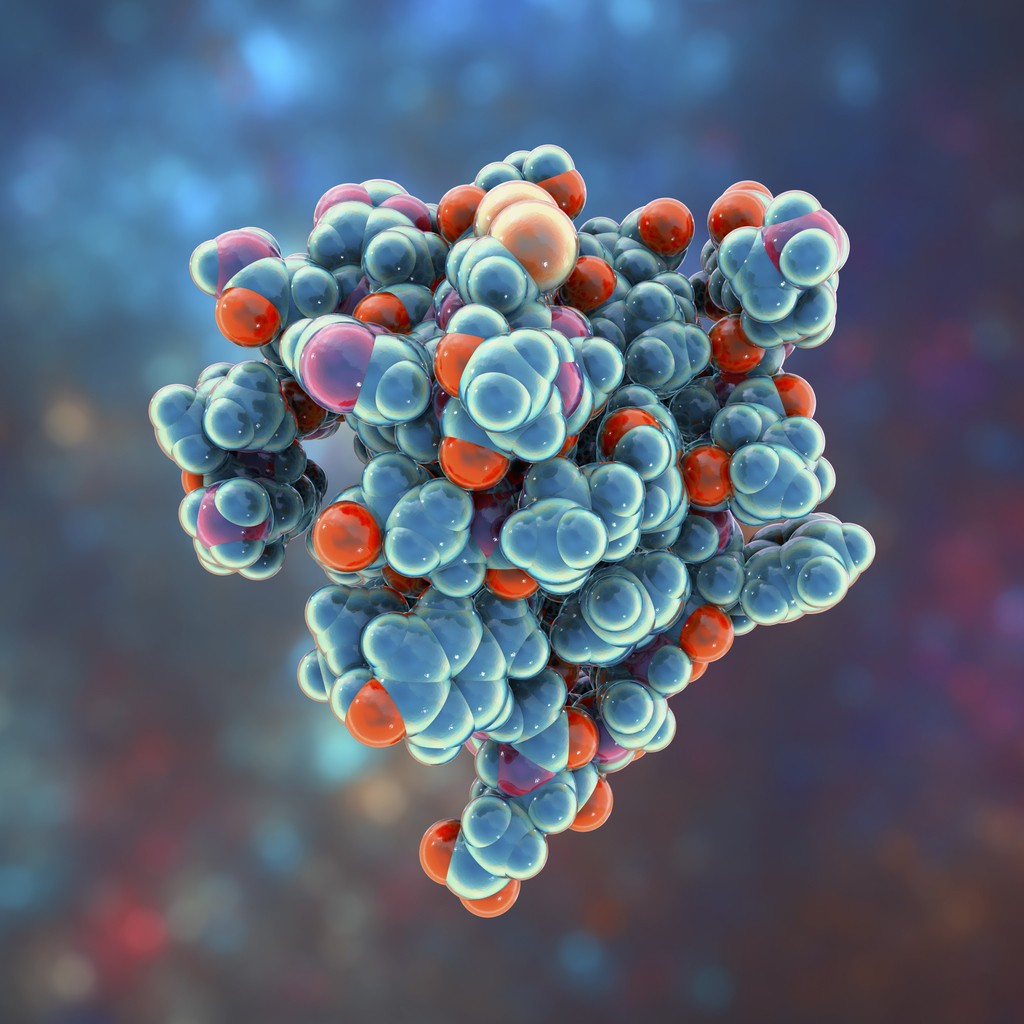Research
IGF-1 LR3 and Cell Division
Speculations surrounding the peptide suggest it could be a powerful stimulant for cell proliferation and division. It is speculated to function in various tissues such as bone, liver, kidney, nerve, skin, blood, and lungs, potentially acting as a maturation hormone by speculatively promoting cell proliferation and differentiation. Due to the speculated prolonged half-life of IGF-1 LR3, it is believed to be a more potent molecule, with the potential for initiating cell activation three times more effectively compared to the impact of IGF-1 at the same concentration.
IGF-1 LR3 and Myostatin Interaction
Myostatin, considered to be a muscle growth inhibitor, may have its effects countered by the peptide, possibly inhibiting muscle degradation. This action is believed to occur through the activation of a muscle protein – MyoD, which is thought to regulate muscle dystrophy and become active in cases of tissue damage.
Fat Metabolism and Diabetes
By binding to the IGF-1R receptor and the insulin receptor, IGF-1 LR3 is thought to enhance fat metabolism indirectly. This speculative action may increase glucose uptake by the liver, muscle, and nerve, potentially triggering the breakdown of fatty tissues and leading to net energy consumption due to continuous glycogen and triglyceride degradation. Research studies suggest that the peptide may reduce blood sugar levels and insulin levels. In some instances, a 10% decrease in insulin required to balance blood sugar levels was reported. This decrease might offer insights into dealing with increased insulin levels in cases of low insulin sensitivity.
IGF-1 LR3 and Glucocorticoid Signaling
Glucocorticoid, a hormone considered to be secreted by the adrenal glands, may be controlled by IGF-1 LR3, according to speculative research. The research team proposed that the peptide may serve as a necessary ancillary in reducing the ancillary downstream impacts of glucocorticoids, including decreased bone density, muscle wasting, and fat cell storage.
Disclaimer: The products mentioned are not intended for human or animal consumption. Research chemicals are intended solely for laboratory experimentation and/or in-vitro testing. Bodily introduction of any sort is strictly prohibited by law. All purchases are limited to licensed researchers and/or qualified professionals. All information shared in this article is for educational purposes only.






